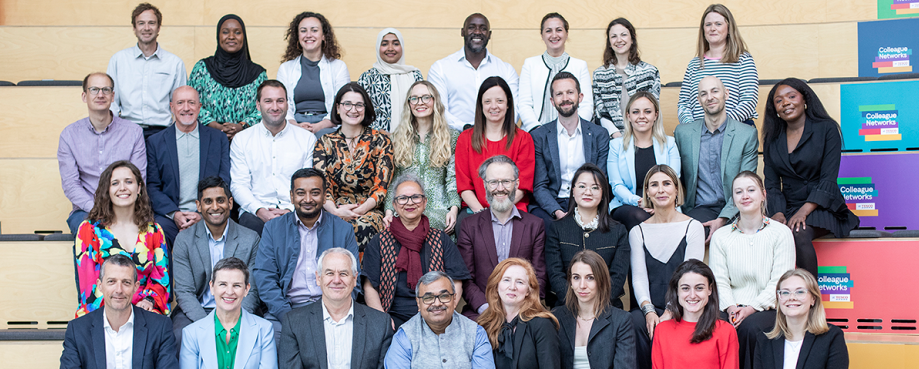
Last week ETI held its Annual General Meeting, bringing together representatives from each of our NGO, trade union and company members to reflect on the past year and set a direction for the road ahead.
It is an incredibly exciting time to be working on business and human rights issues. As understanding of what it takes to create lasting progress improves, and momentum on due diligence legislation grows, this past year has felt like period of significant change.
Looking back
When ETI was created 26 years ago, it was in response to growing media coverage and awareness of poor working conditions in ‘sweatshops’ in far flung supply chains. As an organisation, we helped lead that first phase, building knowledge and understanding between our tripartite members, and working with partners to uncover the key challenges that exist in all regions and countries. We developed the ETI Base Code, founded on the conventions of the International Labour Organisation, which today stands as an internationally recognised code of labour practice – and a cornerstone for so many organisations.
Now we have reached a key change point. I know many of our members, whether they work for NGOs, trade unions, or companies, will be feeling that there is more to do than ever. This is, in part, a good thing. There is more awareness and understanding of the challenges we face – and therefore more opportunity to ensure improvement. But robust human rights due diligence (HRDD) throughout the supply chain is still needed.
ETI members are well placed in this regard. Why? Because effective HRDD must be done in a collaborative way; it cannot be done without meaningful stakeholder engagement. And ETI has been working on this basis for 26 years, with meaningful stakeholder engagement at our tripartite heart.
Collaborating for impact
Most challenging human rights issues are deep rooted, requiring collaboration between enough partners to achieve lasting change. It’s an essential element of HRDD, which the Corporate Sustainability Due Diligence Directive (CSDDD) provides for. Collaboration too is at ETI’s core. It is integral to our governance, our guidance to members, our advocacy, and the ways we drive impact.
Our impact in 2023-24 illustrates the power of this approach. As a growing movement, our ability to influence an enabling environment, drive company progress, transparency and accountability, and take collective action to address business and human rights impacts, is significant.
This years’ impact report spotlights key achievements in these areas, with feedback and case studies from members sharing the positive outcomes their ETI membership has brought about.
Looking ahead
Within our 2021-2026 strategy ETI is leading work on responsible purchasing practices, gender and inclusion, climate change impacts for workers, practical application of a HRDD approach and the implementation of heightened HRDD in challenging contexts.
As a tripartite organisation, our next strategy will be developed in collaboration with our members and partners. We have a clear vision as an organisation and we are ambitious to drive, support, and enable greater change. We look forward to working together so we can continue to lead in driving responsible business and convening to address the challenges faced by workers worldwide.
